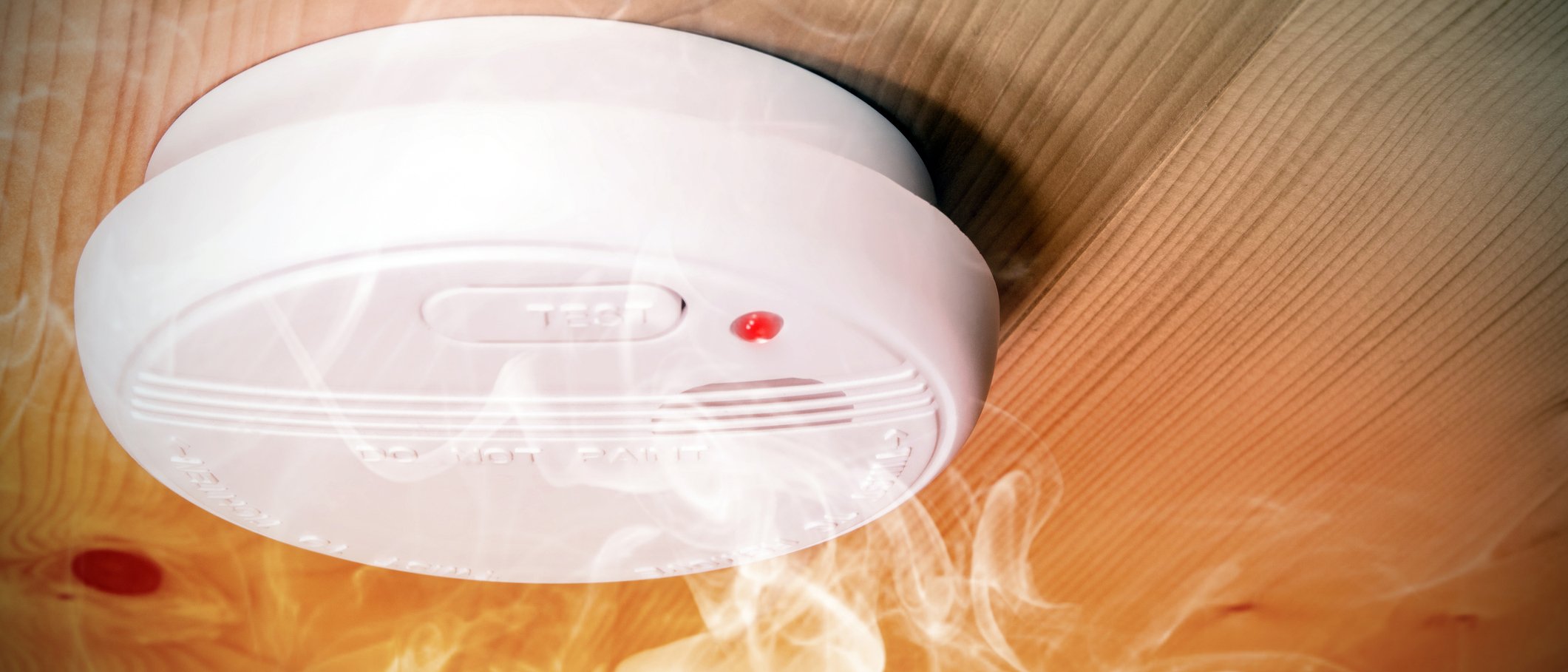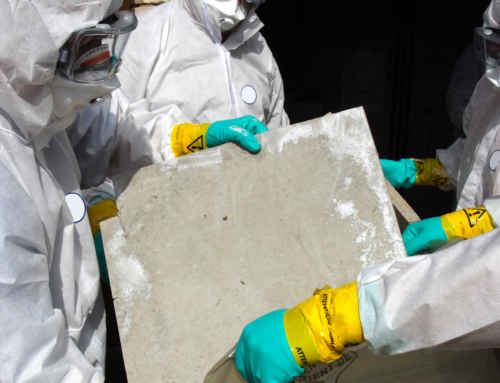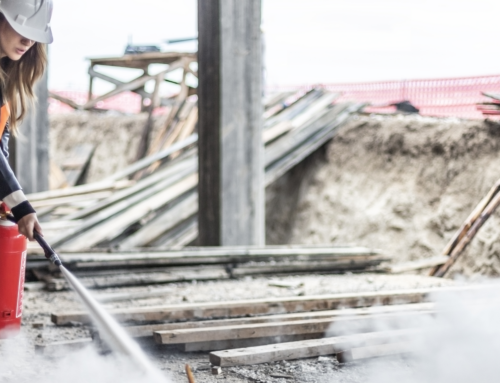It’s important to make sure you and your business aren’t caught off guard when disaster strikes. One emergency every business should be prepared for is a fire – because the effects can be devastating. Whether you’re a restaurateur, a contractor, or a manufacturer, you should be prepared.
Being ready for a fire involves more than just having fire extinguishers around (although, that’s a good start). Managing this risk typically consists of two main objectives: prevention and preparedness. You want to take every step possible to avoid a fire, but it’s also good sense to have a plan in place in case one occurs. Here are some tips to help you prepare for a fire-related emergency.
- Know who to contact: The first contact to include when creating a fire evacuation plan is your local fire department. Chances are they already have some sort of plan or guidelines in place which you can build on.
- Choose evacuation points and routes carefully: Evacuation points and routes vary based on building size, number of employees, and your building’s location. That said, these general guidelines are a good starting point:
- Make sure there are multiple routes to relieve congestion.
- Assembly points shouldn’t be in high-traffic areas (like busy intersections).
- Make sure assembly points are far enough from the building (this will also vary depending on the building’s height).
- Put up signs: Every exit should have a sign showing the evacuation route for that particular area.
- Keep employees up-to-date: Whenever you update your fire evacuation routes or before you host a mock fire drill, make sure employees are informed.
- Assign fire wardens: Train some employees on building protocol and evacuation procedures. Your local fire department can recommend how many fire wardens you should have. Most importantly, make sure they know they’re meant to be knowledgeable helpers, not people who risk their lives in the event of an actual fire.
- Make a list: Having a list of employees can be helpful to account for everyone if your building is evacuated. Make a note of all employees who are pregnant, who have recently been operated on, or who have disabilities. Update it at least every six months and provide a copy to the fire department.
- Special events: If there are special events going on in your business’ area which close streets or increase foot traffic, be sure to re-evaluate assembly points and evacuation procedures.
On top of having a plan in place for when a fire starts, there are also some steps your business can take to mitigate the risk of a fire in the first place. Below are some general fire prevention tips:
- Don’t plug several power cords into one outlet, and never break off the third prong on a plug. If it does break off, make sure it’s replaced and the third prong is properly grounded.
- Never use extension cords as a permanent solution. They’re designed to be used to temporarily supply power to an area that doesn’t have an outlet.
- Store your power cords away from heat, water, and oil, as they can be damaged. Never let vehicles pass over unprotected power cords.
- Prior to use, inspect your tools, power cords, and electrical fittings for damage or wear. If you discover an issue during the inspection, repair or replace the damaged equipment before operating it again.
- Clean your equipment well and clean it often. Regular cleaning is one of the best ways to keep air flowing and heat dissipating.
- Make sure any heating equipment (e.g. wood stoves, ovens, deep fryers, etc.) is installed and maintained by a qualified technician.
- Don’t store wood or other combustibles next to a wood stove or a portable heater.
- Don’t use nails or staples to secure power cords to walls and floors, as they can damage the cord and cause fire or shock hazards. Use tape when securing cords when necessary.
- When operating any electrical equipment, always double-check that it’s rated for the level of amperage or wattage that you’re using.
- Always use the correct fuse size. Don’t replace a fuse with a larger one, because this can cause excessive currents in the wiring, which could start a fire.
- Unusually warm or hot outlets could be caused by unsafe wiring conditions. If you discover one, unplug any cords and don’t use it again until a qualified electrician has done an inspection of the wiring.
- Fire suppression systems and portable fire extinguishers are the most important tools for combating a fire when one breaks out. Make sure you and your employees understand how your fire suppression system works, and how to operate fire extinguishers. Regular maintenance is also important to ensure that your suppression systems and extinguishers will operate in the event of a fire.
- Staircases and fire brigade access routes should always be clear and never used for storage or parking. Do not prop or wedge-open fire doors. These doors are designed to prevent the spread of fire between building areas.
- “No smoking” rules must be enforced in areas exposed to fire and near hazardous operations.
Nobody wants to see their business suffer after a fire. But the best way to protect your business and employees from unforeseen emergencies is by preparing for them in advance. The tips above, along with guidance from your local fire department and newly-appointed fire wardens, will help you do just that. Insurance is also important, so that your business is prepared if you suffer a loss. To learn more about how Federated can help with your business insurance needs, visit our business insurance page.
This blog is provided for information only and is not a substitute for professional advice. We make no representations or warranties regarding the accuracy or completeness of the information and will not be responsible for any loss arising out of reliance on the information.







